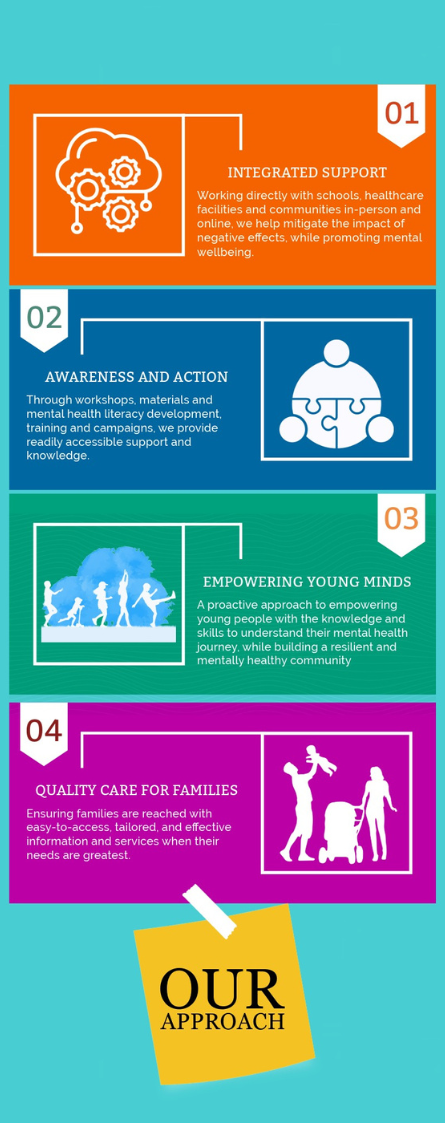Mental health challenges in young people are real and backed by science. Just like physical health conditions, they can significantly impact daily life and require support and understanding. Adolescence is a crucial time when the brain undergoes major development, making emotions feel more intense and stress responses heightened.
When young people share their struggles, they’re taking a brave step. Research shows that early support makes a real difference in outcomes, whereas dismissing mental health challenges as “attention-seeking” can prevent young people from getting the help they truly need, which can subsequently hinder their wellbeing and development.
How to respond when someone shares their struggles:
- Listen without dismissing feelings
- Take their concerns seriously
- Validate their experience
- Show support in getting help if needed
- Create safe spaces for conversation

